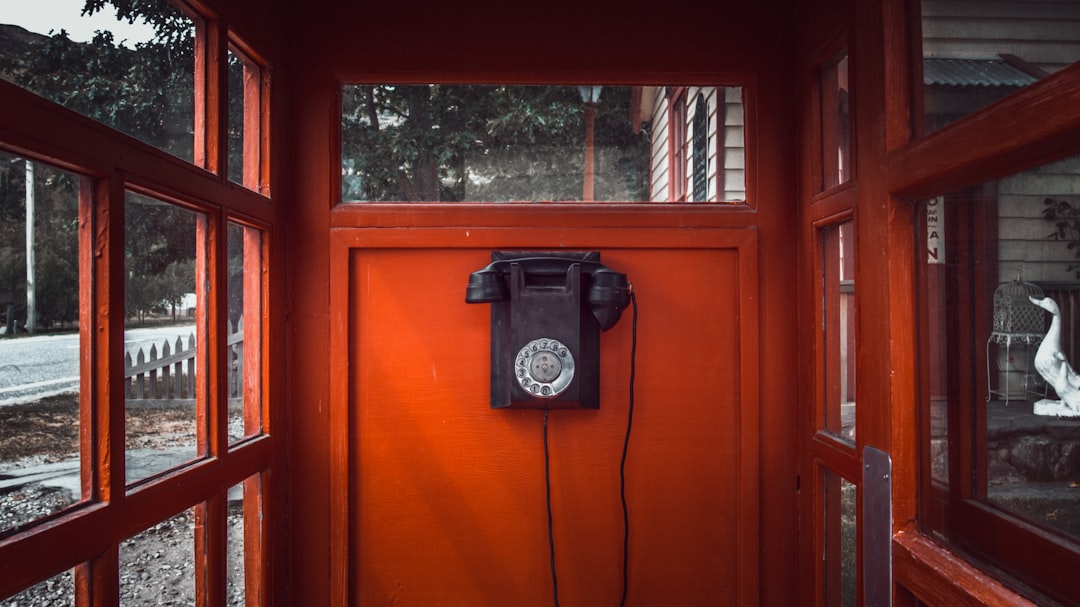Robocalls in Philadelphia are regulated by laws like TCPA to protect consumers from fraud. For excessive robocalls, consult robocall lawyers specializing in TCPA compliance. Apps like CallGuard and Hiya use AI to block unwanted calls, including from lawyers. Robocall lawyers guide clients on rights and legal action against violators. Choose anti-robocall apps with machine learning, real-time analysis, and spam databases for effective protection. Popular Philadelphia apps like "Robocall Block" offer high blocking success rates.
In the age of digital connectivity, no one is immune to unwanted phone calls, especially Robocalls—a growing nuisance in Philadelphia. These automated messages, often from telemarketers or scammers, can be a legal headache for residents. This article explores the best apps designed to combat this issue. We’ll delve into how these tools work, their legal implications, and user experiences, empowering Philadelphians with knowledge to protect themselves against Robocalls, backed by insights from local robocall lawyers.
Understanding Robocalls and Their Legal Ramifications in Philadelphia

Robocalls, automated phone calls from unknown numbers that often promote products or services, have become a widespread nuisance across the country, including Philadelphia. While many robocalls are legitimate marketing efforts, they can also be illegal and have serious legal ramifications. In Philadelphia, as in many cities, these unwanted calls are regulated by state and federal laws designed to protect consumers from fraud and deceptive practices.
If you’re being bombarded with robocalls, it’s important to know that there are legal avenues for recourse. Robocall lawyers in Philadelphia specialize in dealing with these issues and can help you understand your rights under the Telephone Consumer Protection Act (TCPA). The TCPA imposes restrictions on automated phone marketing calls, including requirements for obtaining prior express consent from recipients. Violations of this act can lead to significant financial penalties for offenders, making it crucial for residents to seek legal advice if they suspect their privacy is being invaded by nuisance robocalls.
Top Apps to Block Nuisance Calls: A Comprehensive Review

In today’s digital era, unwanted nuisance phone calls from robocalls and unknown numbers have become a prevalent issue for folks in Philadelphia. However, several robust apps are designed to tackle this problem head-on, offering peace of mind and a respite from persistent callers. These applications utilize advanced algorithms and machine learning to identify and block various types of intrusive phone calls, including those from robocall lawyers that often flood Philadelphians’ phones.
Upon reviewing the top apps available, users in Philadelphia have found success with options like CallGuard and Hiya. CallGuard, for instance, leverages a community-driven approach, where users collectively report suspicious calls, enhancing its accuracy over time. Meanwhile, Hiya employs AI to analyze call patterns and detect robocalls at an impressive rate. Both apps offer easy installation, minimal battery usage, and customizable settings, ensuring users maintain control over their calling experience.
The Role of Telemarketers and Consumer Protection Laws

Telemarketers play a significant role in modern commerce, reaching out to potential customers on behalf of businesses to promote products and services. However, their practices can sometimes be intrusive, leading to an influx of unwanted calls, particularly robocalls. This is where consumer protection laws step in to safeguard individuals from nuisance phone calls. In the United States, federal laws like the Telephone Consumer Protection Act (TCPA) regulate telemarketing activities to prevent harassment and ensure privacy for consumers.
In Philadelphia, as in many other cities, robocall lawyers specialize in helping residents navigate these legal protections. They assist clients in understanding their rights and taking action against telemarketers who violate these laws, which can include seeking financial compensation for nuisance calls. Such legal measures not only provide relief to individuals but also serve as a deterrent, encouraging telemarketing companies to adhere to ethical and legal practices.
How to Choose the Best Anti-Robocall App for Your Needs

Selecting the ideal anti-robocall app is a crucial step in curbing unwanted phone calls, especially for those facing persistent robocalls from robocall lawyers in Philadelphia. The market offers various options tailored to different needs and preferences. Firstly, consider your primary goal. Do you want to block all incoming calls, or are you specifically targeting spam and automated messages? Some apps excel at comprehensive call blocking, while others focus on identifying and filtering out robocalls.
Next, evaluate the app’s effectiveness in detecting and blocking robocall lawyers and other nuisance callers. Look for features like machine learning algorithms that adapt to new calling patterns, real-time call analysis, and a robust database of known spam numbers. User reviews are also valuable; check what others have to say about the app’s performance in blocking robocalls and its overall user experience. Additionally, consider integration with your existing communication tools, such as linking with your phone’s contact list or email for better call management.
Success Stories: Real Users Share Their Experiences with Philly Apps

Many Philadelphia residents have found success in combating nuisance phone calls through various apps, sharing their positive experiences widely. One app that stands out is “Robocall Block,” which has received numerous five-star reviews from users grateful for its effectiveness against spam calls. Real people, like Sarah, a busy professional, rave about how the app instantly blocks unknown numbers, saving her time and peace of mind.
These success stories are not limited to one app; other Philadelphia-focused apps also offer robust solutions. For instance, “Philly Call Protection” has helped numerous users avoid unwanted marketing calls, with many praising its ability to identify and block robocallers. These real-life experiences highlight the power of technology in empowering individuals to take control of their communication and say goodbye to frustrating phone interruptions.






